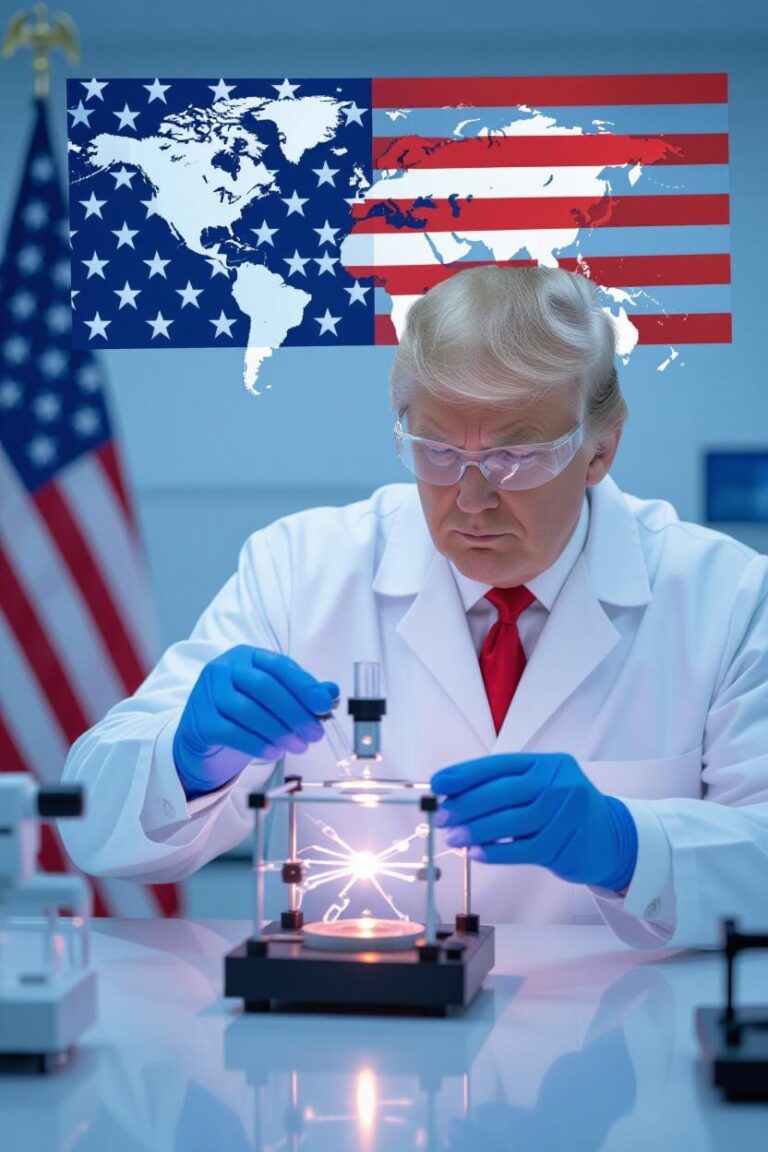Verizon Tests Quantum Safe Virtual Private Network (VPN)
Verizon is testing how a Quantum Safe Virtual Private Network (VPN) can enhance protection of data today in order to thwart hackers in the future. As quantum computers become more advanced, they will have the potential to break today’s public key encryption ciphers. Theoretically, hackers could capture data riding on networks today and store it until quantum computers have the power to break the encryption. It’s a little like stealing a bank safe today and holding on to it until someone discovers how to pick the lock. Verizon, and others, believe the key to safeguarding information will be a Quantum Safe VPN. This technology uses session key exchange security mechanisms or cryptographic ciphers that can provide a higher level of protection. Essentially, it’s a solution that enhances encryption methodologies today in order to make them even more difficult to hack tomorrow.





